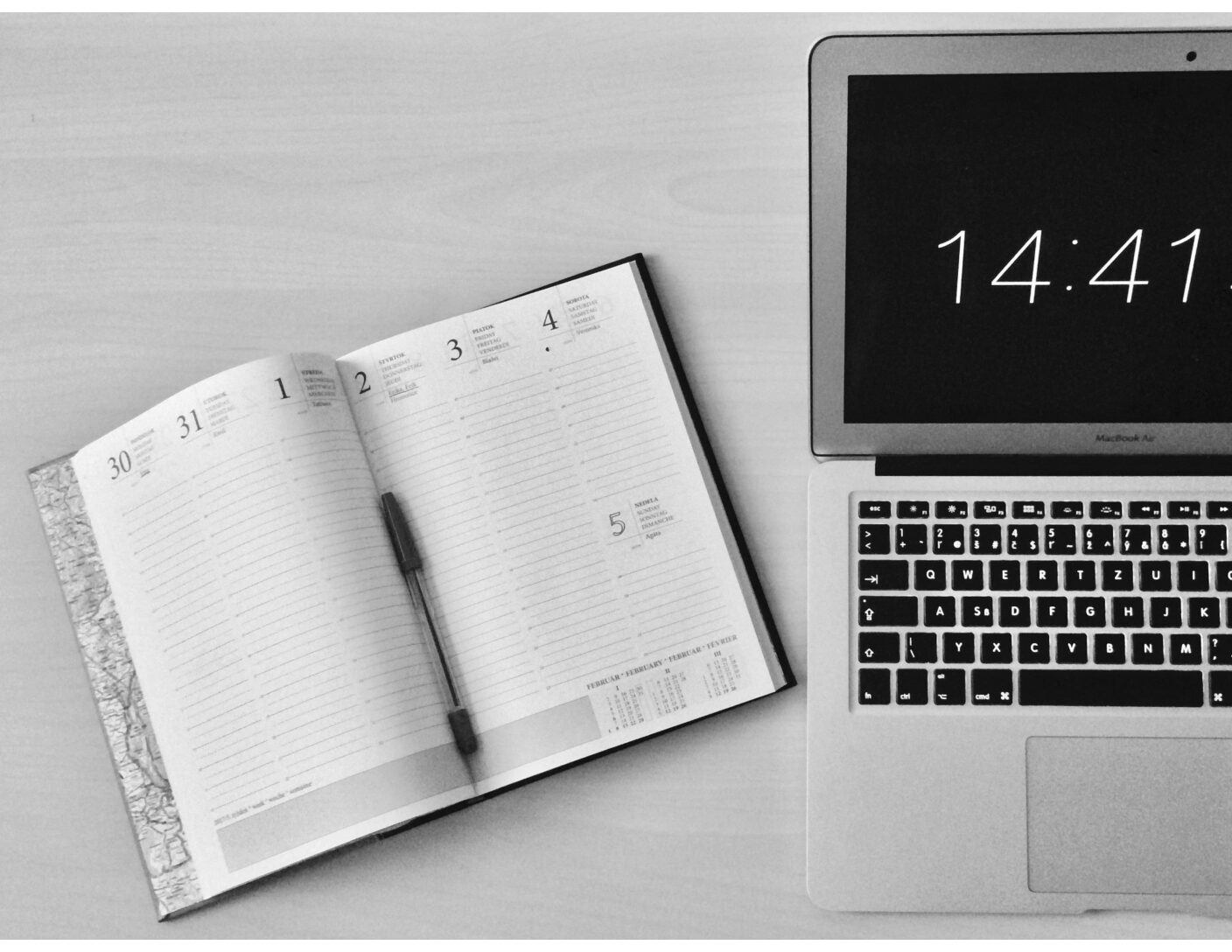February is a challenging month for many reasons. Depending on where you live, it’s usually frigid and icy, still dark outside by 4:30pm, and there aren’t many holidays or breaks in sight. It can feel like we are living in an endless loop of groundhog’s day, and certainly not the fun kind. The newness of January 1st continues to wane, as we tend to slip back into our old, comfortable habits and lose sight of our once desired goals for the new year.
Despite thriving off organized and thoughtful routines, I too, still struggle to stay consistent with mine from time to time. Sometimes it might be because I’m running short on time, while other times, I’m just feeling tired and unmotivated.
The conversation that keeps popping up with parents and students alike is around the importance of routines. Individuals with ADHD need consistency and predictability in their lives, but routines can seem suffocating and even cramp our styles. Routines can fizzle out after a period for myriad reasons. We either get bored of the routines because they lose their novelty and we block out the cues we have set up to activate our response (i.e., alarms, sticky notes, etc.), while other times, we get too overwhelmed by all the steps and tasks that we’re supposed to complete daily and simply throw in the flag.
Here are four strategies that I implement with myself to help get back on track and stay on track when it comes to following routines.
- Start Small. Instead of focusing on all five of the areas that I’d like to address, pick one and figure out how to make a small change. Small habits lead to big results. For instance, if waking up on time is your primary area of concern, what time do you need to start your nighttime routine and winddown? Work backwards and plan for your day, starting at night.
- Have an Accountability Buddy. We can’t do everything on our own, nor should we strive to do so. Who, in your life, could you share your routine with, that you’d like to check in on you? Maybe your spouse, sibling, or friend. The idea behind this strategy is that sometimes we let ourselves down and stay in this loop of continuing to make excuses or simply feel unmotivated to act toward our goals. Explaining our goal to someone whom we trust will incorporate accountability into our schedule. Knowing someone is going to shoot you a text or give you a ring in a few minutes will help spring you into action, not wanting to let them down.
- Use What Motivates You. Seeing friends, trying new restaurants, and reading new books are all things that bring me joy. We won’t need extrinsic motivation forever but rewarding ourselves with things that motivate us and make us feel good can certainly help us stay on track with our routines and achieving our goals.
- Allow yourself to Change your Routine when it becomes Boring or Stale. Routines can get boring, no doubt. Let’s not force ourselves to do things that no longer help us. We are allowed to change up our routines in ways that better serve our current needs.
Routines are important and matter, but when implemented in forceful ways, they always seem to fizzle out. Add choice and voice into your plan as you strive to rework your routine for February.
What changes do you plan on incorporating into your routine this month?





4 Comments. Leave new
vurcazkircazpatliycaz.GApOPTg8n51C
daktilogibigibi.T3W9FsXXy91q
daxktilogibigibi.6xlBBMCjaqwX
empiricists xyandanxvurulmus.56Zs93wHKszZ